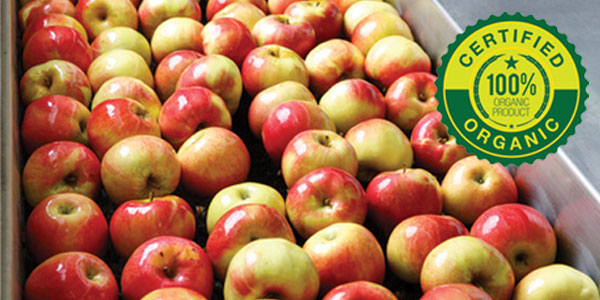 |
 Bill Lauto is an Environmental Scientist and Energy Consultant who has been teaching how we can save our money, energy, environment, and health, since 1982. Mr. Lauto operates GoingTrueGreen.com and his work has been published in magazines such as: Consumer Report, Kiplinger's Financial and Business Ethics. |
|
Remember the old adage, An apple a day keeps the doctor away? We may need to change that to An apple a day, may cause a hospital stay. Do you also remember when your parents told you to "eat all your vegetables?” Things have changed and today we have to look at facts such as after five years where apples had the title of the most pesticide-ridden produce, strawberries have now "earned" the title, coming up from 4th place to "achieve" the top spot in the 2016 Environmental Working Group's (EWG) Shopper's Guide to Produce. The following list shows the "conventionally grown" veggies and fruits that contain the highest amounts of pesticides: Strawberries / Apples / Nectarines / Peaches / Celery / Grapes / Cherries / Spinach / Tomatoes / Bell Peppers / Cherry Tomatoes / Cucumber The residues of hazardous pesticides on our conventionally grown veggies and fruits don't violate United States' laws and regulations on pesticides in food. This data was presented by EWG's senior analyst, Sonya Lunder. “The EPA’s levels of residues allowed on produce are too lax to protect Americans’ health. They should be updated to reflect new research that shows even very small doses of toxic chemicals can be harmful, particularly for young children.” Also do not disregard the new adage that starts this blog post. A family friend had to rush her husband to the hospital after he ate a whole bowl of unwashed cherries while watching a TV show. Cherries are listed as number 7 on the list above and his body's reaction to the pesticides caused him to become ill and in need of medical attention. Today we have fruits, such as strawberries, grown conventionally year-round and 98% of them had detectable pesticide residue. Some conventionally grown strawberries had up to 17 different pesticides on them. Strawberries grown in California can have as much as 300 pounds of pesticides dumped on each acre. Then there is the disastrous problem with run-off of these pesticides into our waterways! You may wish to learn more at our GoingTrueGreen.com website. EWG recommends that shoppers buy organic versions of these fruits and vegetables. If organic foods are too costly for your budget, try to buy the following fruits and veggies that are conventionally grown, but have the least amount of pesticide residue: Avocados / Corn / Pineapples / Cabbage / Sweet Peas / Onions / Asparagus / Mangoes / Papayas / Kiwis / Eggplant / Honeydew / Grapefruit / Cantaloupe / Cauliflower All this proves the oldest adage, "Buyer Beware!" |
|












 20 lucky winners will win $500 each in prizes totaling $10,000.
20 lucky winners will win $500 each in prizes totaling $10,000. 